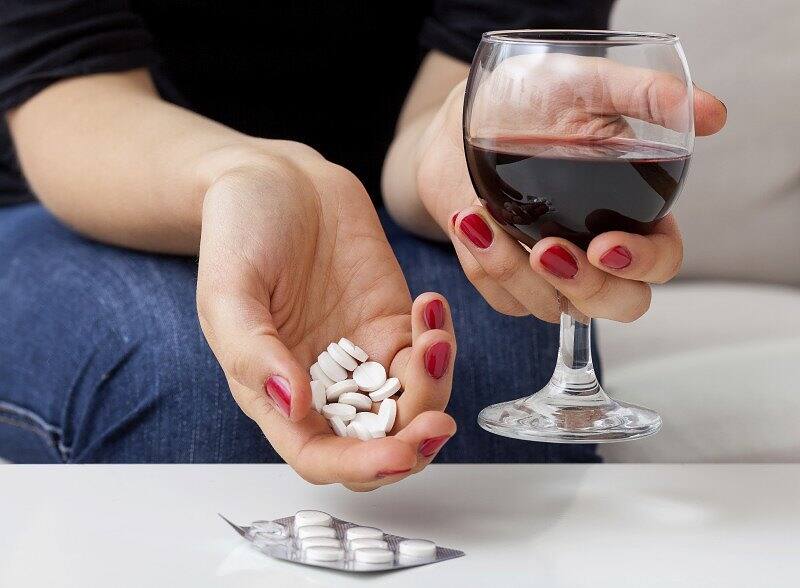It is not advisable to consume alcohol while taking Vyvanse, and prescribing doctors will warn against it.
Using Vyvanse (lisdexamfetamine) together with alcohol can increase the risk of cardiovascular side effects such as:
- increased heart rate
- chest pain
- blood pressure changes
You should avoid or limit the use of alcohol while being treated with Vyvanse.
Combining Vyvanse and alcohol can produce other health complications like cardiomyopathy.
Long-term use of Vyvanse can also increase the risk of cardiomyopathy, a heart muscle disease that makes it more difficult for your heart to pump blood throughout the body. Cardiomyopathy can lead to heart failure. Excess alcohol use can also cause high blood pressure and cardiomyopathy, as well.
Not only can mixing alcohol and Vyvanse increase the risk of developing cardiomyopathy, but the combination of the two is also riskier in those with pre-existing heart health conditions.
The risks of mixing alcohol and Vyvanse: Increased risk of addiction and overdose
Not only does Vyvanse addiction and alcohol present some immediate health risks, such as alcohol poisoning and heart problems, but it also has some real long-term health complications.
As Vyvanse is a stimulant and alcohol a depressant, the two can cancel out each other’s effects. This makes it more likely for you to drink more alcohol than you usually would, as it will take more for you to feel drunk whilst taking Vyvanse. You may also be tempted to take more.
Vyvanse overdose can be fatal. If you spot the signs in someone else or feel you have taken too much, contact your local emergency services immediately for help.
If you frequently abuse both together, you will be at a high risk of developing an alcohol and Vyvanse addiction (dual addiction) and of overdosing.
Dual addictions are not only more high risk in terms of mortality but are also more complex to treat. Alcohol addiction withdrawal symptoms can be life-threatening, especially when another substance is involved. However, recovery is completely possible with the right medical and therapeutic treatment.


